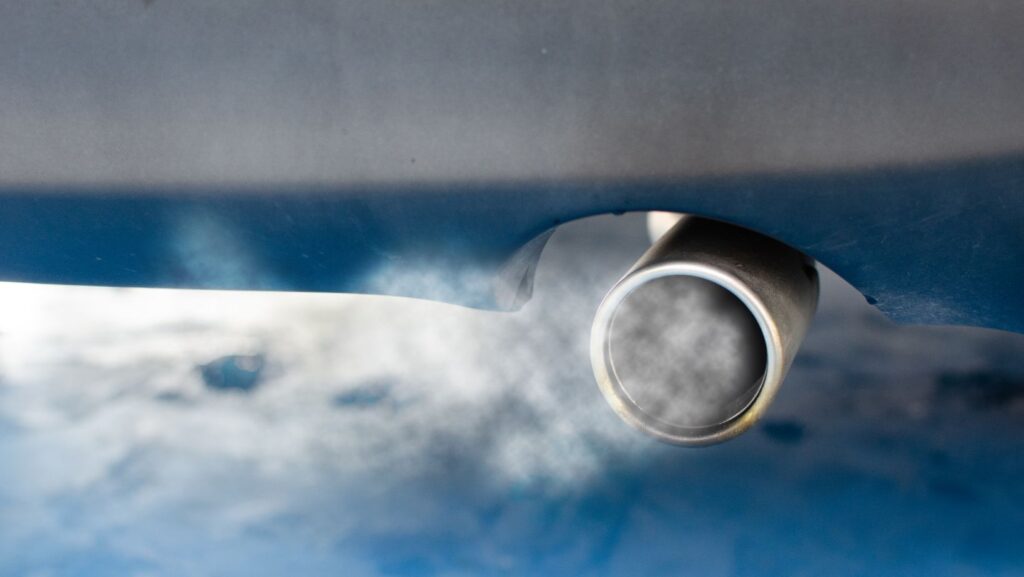Introduction
One of the most frustrating issues that car owners can encounter is an overheating engine. It can be a major inconvenience and potentially lead to costly repairs if not addressed promptly. In this article, we will explore the causes of an overheating new car, its effects, and provide practical solutions to prevent and resolve this problem.
Causes of Overheating in New Cars
- Insufficient Coolant Levels: Low coolant levels are a common cause of engine overheating. It is essential to regularly check the coolant level and ensure it is at the recommended level.
- Cooling System Leaks: Leaks in the cooling system, such as a cracked radiator or a faulty hose, can result in coolant loss. When the coolant level decreases, the engine is more susceptible to overheating.
- Malfunctioning Thermostat: A malfunctioning thermostat can disrupt the cooling system’s operation by not allowing the coolant to flow properly. This can lead to an overheated engine.
- Faulty Water Pump: The water pump plays a crucial role in circulating the coolant throughout the engine. If the water pump fails, the coolant won’t flow efficiently, causing the engine to overheat.
- Blocked Radiator: A clogged or blocked radiator can hinder the proper airflow necessary to cool the engine. Common culprits include dirt, debris, or coolant sludge buildup.

Effects of Engine Overheating
- Reduced Performance: An overheating engine can significantly impact the car’s performance. It may experience reduced power and acceleration, making it challenging to drive.
- Engine Damage: Continuous overheating can lead to severe engine damage, such as warped cylinder heads, blown head gaskets, or even a cracked engine block. These repairs can be extremely costly.
- Increased Fuel Consumption: When the engine overheats, its efficiency decreases, causing it to consume more fuel than usual. This can result in higher expenses at the gas pump.
- Safety Concerns: Overheating can also compromise the overall safety of the vehicle. In extreme cases, the engine may fail completely, leading to a sudden breakdown, potentially leaving the driver stranded in an unsafe location.
Solutions for Overheating Issues
- Regular Maintenance: Follow the manufacturer’s recommended maintenance schedule for your vehicle, including routine checks of the cooling system. This includes inspecting coolant levels, hoses, and the radiator for any signs of wear or leaks.
- Keep an Eye on Temperature Gauge: Pay attention to the temperature gauge on your dashboard. If it starts to rise above the normal range, pull over to a safe location and allow the engine to cool down before continuing.
- Check for Coolant Leaks: Periodically inspect your car for any coolant leaks. If you notice any puddles of coolant underneath the vehicle or a sweet smell coming from the engine, it may indicate a leak that needs to be addressed promptly.
- Replace Faulty Components: If you suspect a malfunctioning thermostat, water pump, or radiator, it is crucial to have them inspected and replaced if necessary. These components play a vital role in preventing overheating.
- Clean the Radiator: Regularly clean the radiator to remove any dirt, debris, or sludge that may be obstructing airflow. A clean radiator allows for efficient heat dissipation.
Conclusion
An overheating engine in a new car can be a frustrating and potentially costly issue if left unresolved. By understanding the causes, effects, and implementing the solutions discussed in this article, you can help prevent overheating problems and ensure your car’s longevity and performance. Remember to prioritize regular maintenance and address any issues promptly to keep your new car running smoothly and efficiently for years to come.







